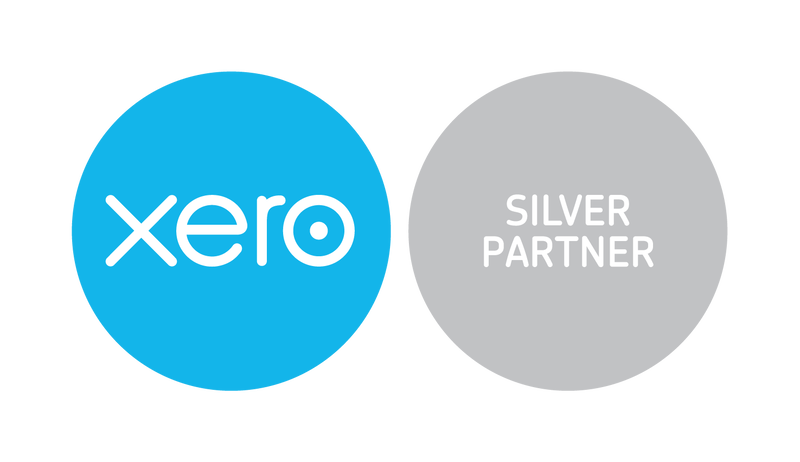 .The Autumn Statement was announced yesterday, but with a huge amount of information and technical terminology, it can be hard to digest! We’ve simplified some of the key points that you need to be aware of, whether you’re a company employing staff, a self-employed sole-trader, or employed by someone else. The changes also affect personal finances with things like fuel and alcohol tax, as well as predictions for overall inflation… Employment
One major change which affects 27 million people is a reduction in National Insurance tax. From the 6th of January 2024, the main rate of NI will be cut from 12% to 10%. However, the thresholds for National Insurance will remain unchanged until April 2028.If you employ other people, a significant change could be the increase in National Living Wage which is increasing from £10.42 to £11.44 an hour, beginning in April 2024. £1.02 per hour may not seem a lot, but it all adds up. The new rule also applies to anyone aged 21 and above, so younger workers will benefit from increased wages. Self-Employed If you’re self-employed, things are changing too. The Class 2 ‘weekly flat rate’ scheme will be abolished from April but people will continue to receive access to contributory benefits and entitlements. The Class 4 scheme will see self-employed tax paid on yearly profits between £12,570 and £50,270 cut from 9% to 8%.Following its review into the impact of Making Tax Digital (MTD) for Income Tax Self Assessment (ITSA) on small businesses, the Government will maintain the current MTD threshold at £30,000 and introduce design changes to simplify and improve the system. These changes will take effect from April 2026. Tax Breaks & Incentives In terms of tax breaks, it has been confirmed that the 75% business rates discount for the retail, hospitality and leisure industries in England will be extended for another year.Full expensing will be made permanent, enabling investments made by companies in qualifying plant and machinery, after 1 April 2026, to continue to qualify for a 100% first-year allowance for main rate assets, and a 50% first-year allowance for special rate (including long life) assets. Reforming R&D Tax Reliefs: The Government has said that it will merge the existing Research and Development Expenditure (RDEC) and SME schemes, with expenditure incurred in accounting periods beginning on or after 1 April 2024 to be claimed in the merged scheme. The notional tax rate applied to loss-makers in the merged scheme will be lowered from 25% as per the current RDEC scheme, to 19%. Personal Finances Fuel duty has not changed, and alcohol duty has been frozen until 1st August next year, so whether you sell alcohol or just invest in it at the weekend, this is a welcome relief! Duty on hand-rolling tobacco is set to increase by 10%.Reporting on overall economic growth, inflation is expected to fall to 2.8% by the end of 2024, but this is still higher than initially predicted. Unfortunately, we are still seeing (on average) lower wages and higher living costs than pre-pandemic levels.Pensions will be increased to 8.5% in line with average earnings, from April 2024.The Lifetime Allowance will be abolished from 6 April 2024. Admin Changes As well as the tax changes, the government has said it hopes that the administrative changes set out in this Autumn budget will make the tax system ‘simpler and more modern, ensuring businesses can interact with it more easily’. There are some changes to Making Tax Digital, and they have removed the need for an End of Period Statement for some taxpayers. Anyone using MTD can now be represented by more than one tax agent. If you have any specific questions or would like further support with your accountancy, please do get in contact with our friendly team. No business is too small; we help sole-traders to large companies, nationwide. We look forward to hearing from you! Comments are closed.
|







